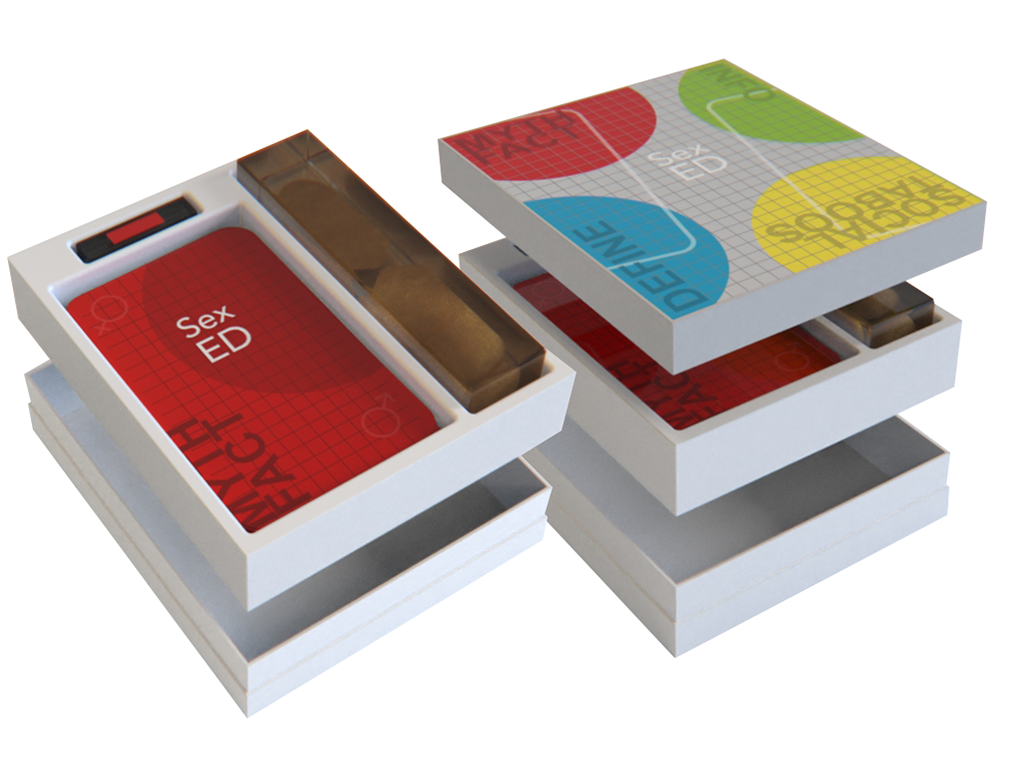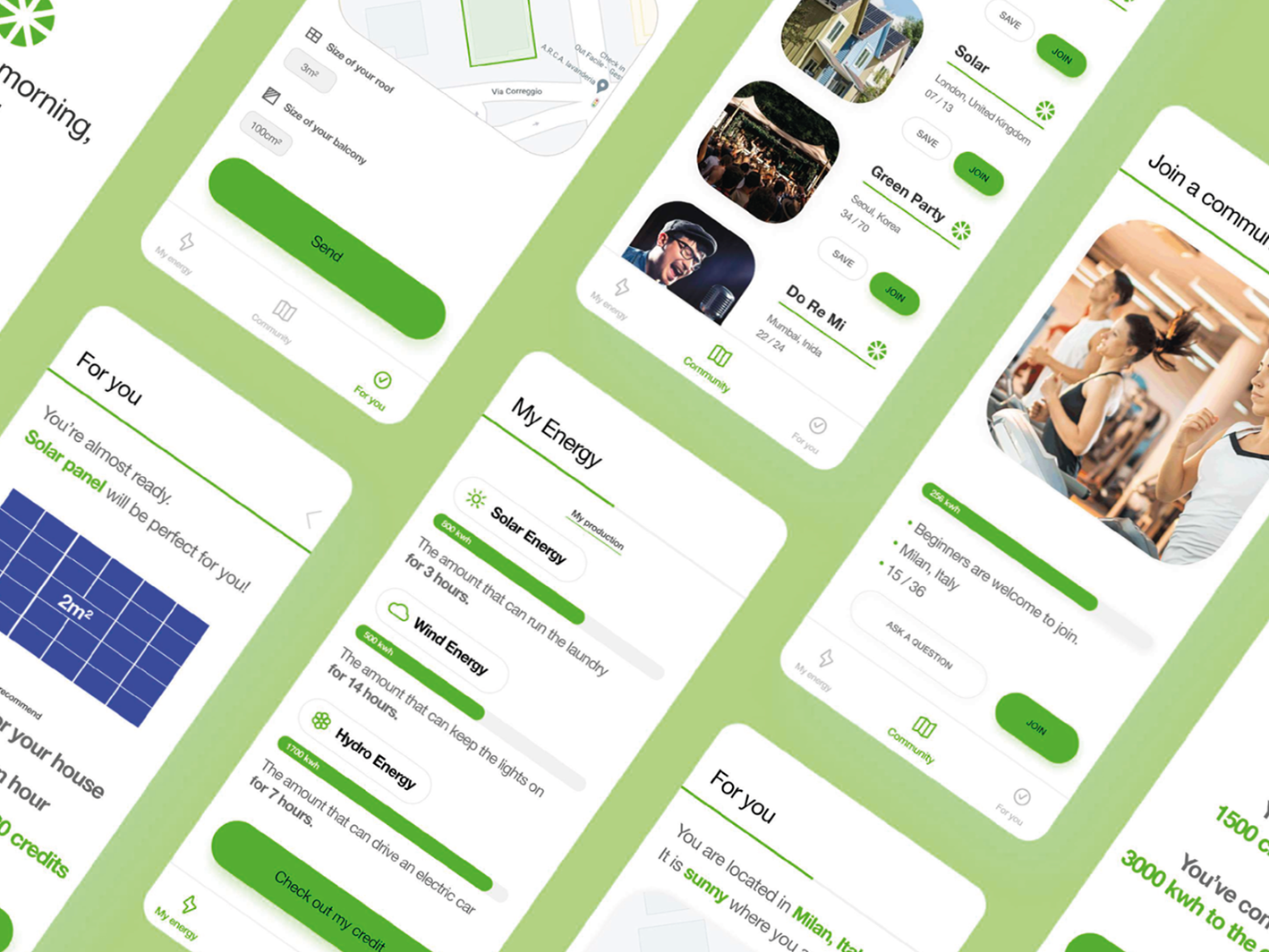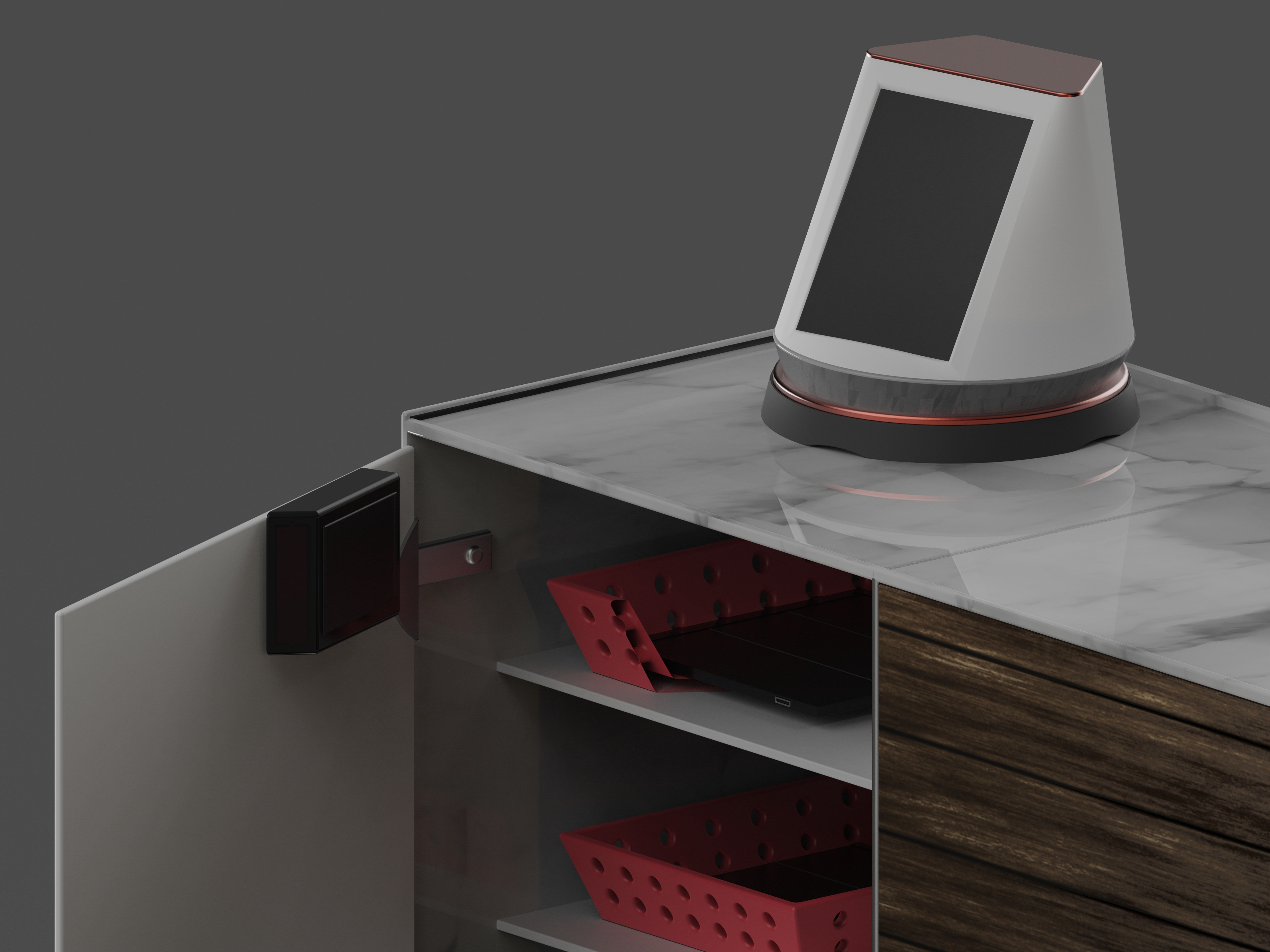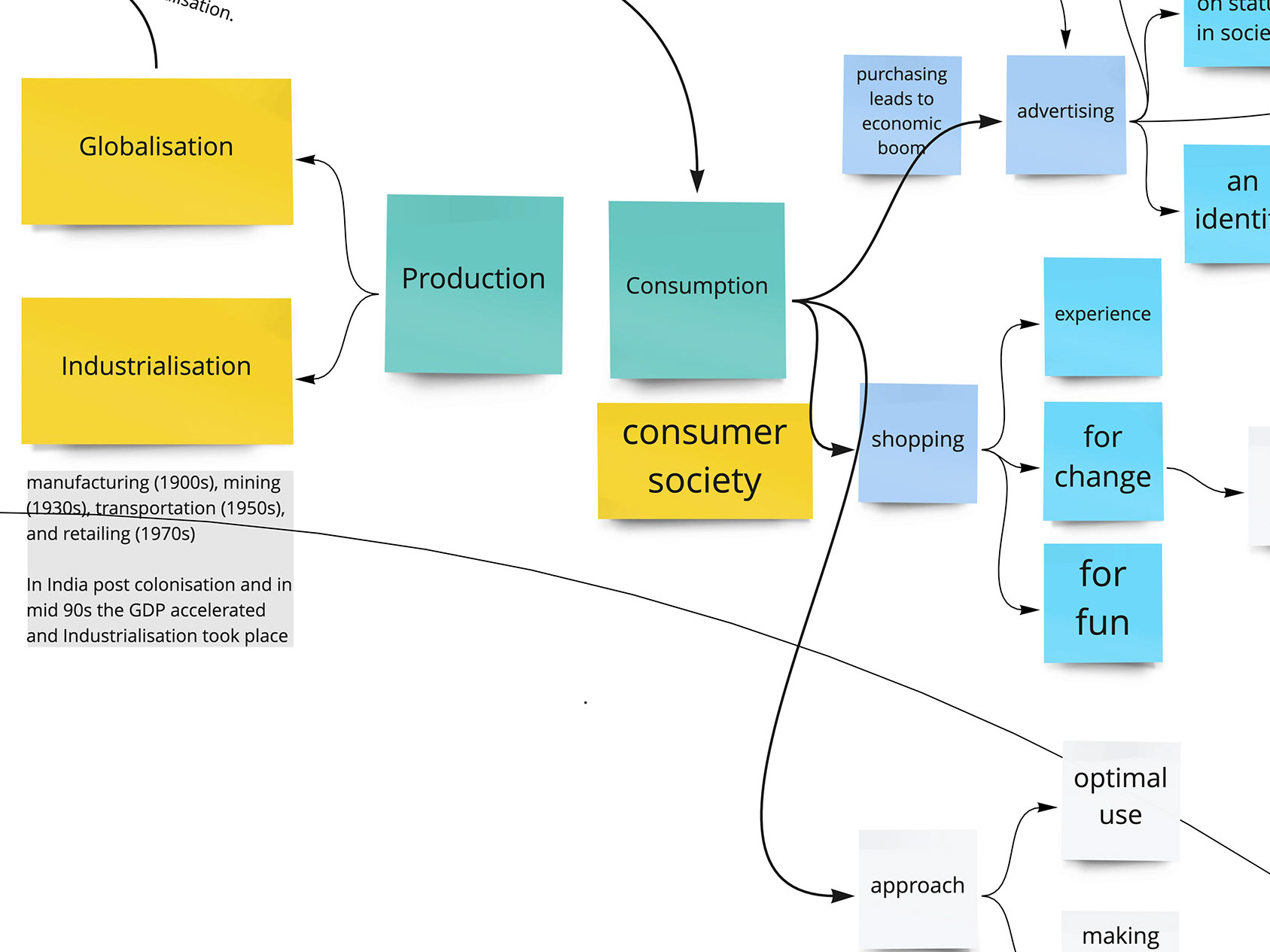Biased & Unethical
Systems project at NID / 2020
This project was done entirely remotely. All six of us were in different cities.
We carried out remote research through phone calls and video calls.
We a bunch of last year product design students, through this project wanted to examine how biases are formed in individuals as well as in organisations and larger groups of people, and the consequences these biases have. We tried to understand how an individual’s upbringing, social context, personal experiences, ideologies, etc. influence the biases they have.
We realised that childhood experiences are the most influential in forming a person’s beliefs and hence their biases. We spoke to school counsellors to understand the biases teachers have, how they manifest in different situations, and how they affect the students that they teach.
Based on this research, we tried to create reflective tools to help identify and eliminate detrimental biases. We also tried to understand group dynamics in collaborative decision making and tried to create decision making tools that consider different perceptions that people have.
We also tried to understand the importance of ethics in design practices and the influence biases have on our ethics. We speculated ethical practices and utopias in different fields and contexts through brainstorming workshops, to see how design can be centred around ethical values.
Giga Map
OUTCOMES
SPECULATIVE MUSEUM
To better understand unethical practices in different fields and contexts today, we tried to speculate 'truly ethical futures' through two brainstorming workshops-
‘what would a truly ethical social media platform be like in 2050’ and ‘what would a truly ethical school be like in 2050’.
We compiled some of the results of these workshops into an open source ‘alternate reality museum of ethical values’. This museum reimagines commonplace things like school uniforms and passwords, in a reality where their design would be centred around ethical values like ‘inclusivity’ and ‘equity’. This museum would encourage visitors to re-evaluate everyday things through the lens of ethics, and provoke thought and reflection.
TEACHER'S WORKSHOP MANUAL
Every person has their own set of biases. When in influential positions like that of school teachers, these biases may have negative consequences. The biased behaviour that teachers have towards certain students creates a long lasting effect on the children's minds.
This toolkit is a compilation different of activities that provoke self reflection among school teachers regarding the biases they have about their students. It pushes teachers to re-examine their assumptions and the consequences they might have.
Everyone Matters - A tool for collaboration
Often in group projects work gets influenced by personal biases and group thinking. This affects the group dynamics and leads to domination or feeling apprehensive to share information.
This tool aids the decision making process in a heterogenous group by having effective brainstorming session and removing social loafing. It will help making decisions faster and easier while making every member understand each others perspective of the brief.
AMONG YOU
What is the game about ?
This social experiment was done using the widely popular game 'Among Us' as a tool with certain alterations. The players were each given a 'companion card' before the game. The 'Companion card' described the kind of personality that they had to dawn and instructed them to give themselves the name of influential people that displayed the given personality traits. They were requested to carry on their usual gameplay but were told to imbibe the personalities that they were given while having discussions in the middle of the game.
What is the intent of the game ?
The intent of the game was to see how well they imbibe the personality traits that they have been instructed to follow and how much they cling to their natural behaviours and habits. Observing their contribution during discussions also helped us to understand how they respond to group dynamics and to see if they were able to utilise the given personality traits while completing the objective of the game. Naming themselves after an influential person based on the given traits also helped us to understand where their biases lie and if it affected the way they interacted with each other.
CROSSROADS
Ethics is reflected in the smallest of choices we make in our day to to day lives, which sometimes hardly catches our notice.
A game based on choices, asking players to strive to be right, and moving forward in multiple directions according to the players choices, and the game choices finally leading to a transcending end, provoking reflection.
No part of any project displayed herewith may be reproduced, distributed or transmitted in any form or by any means, including photocopying, recording, or other electronic or mechanical methods, without the prior written permission of the publisher.






